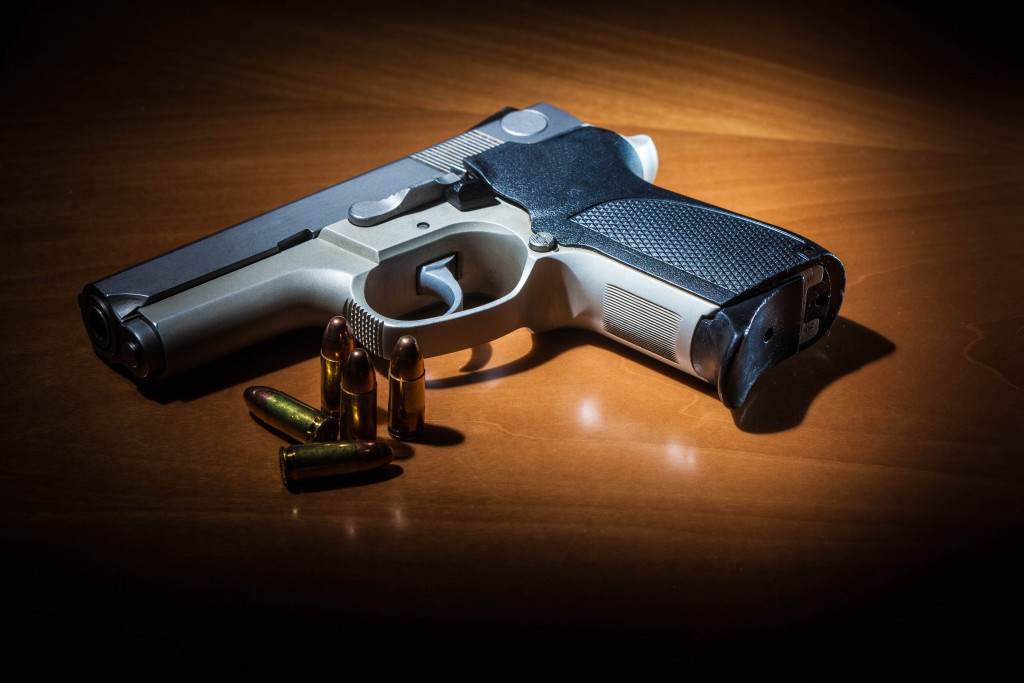Firearms businesses have to comply with various laws and regulations to operate legally. Federal, state, and local laws may all apply, and the firearms business owner needs to be aware of them all. Failing to comply with these laws can result in fines, imprisonment, or both.
This article will cover the basics of firearms businesses’ laws and regulations. It is not intended to be legal advice, and you should always consult a lawyer if you have specific questions about your situation.
Dealers and Manufacturers
The first thing to understand is that there are two main types of firearms businesses: dealers and manufacturers. Dealers sell firearms, while manufacturers are businesses that make firearms. Every kind of business has its own set of laws and regulations that it must follow.
Licenses
Depending on the type of firearms business, different licenses may be required. For example, a manufacturer of handguns will need a different license than a dealer of rifles. The type of license required will also depend on the state of the business.
Some of the commonly required licenses are as follows.
1. Federal firearms license (FFL)
Federal law requires all firearms businesses to have a license from the Bureau of Alcohol, Tobacco, Firearms, and Explosives (ATF). The type of license you need depends on your type of business.
A federal firearms license is required for any business that sells, manufactures or imports firearms. This includes both dealers and manufacturers. There are nine different types of FFLs, each with its own set of requirements. You can learn more about the different types of FFLs on the ATF website.
2. State firearms license
A state firearms license may be required in addition to a federal firearms license. This will depend on the state’s laws in which the business is located. Many states have different licensing requirements for firearms businesses.
3. Local firearms license
A local firearms license may also be required, depending on the city or county’s laws where the business is located. This is in addition to any state or federal licenses required.
4. Local business license
Like every operating business, a firearms business must obtain a local business license. It is separate from any licenses specifically for firearms businesses. Some states and localities require special business licenses for certain companies, such as those that sell alcohol or tobacco.
5. Zoning permit
You may also need to get a zoning permit from your local government. This permit ensures that your firearms business is in a location where it is allowed by law. For example, you may not be able to have a firearms business in a residential area.
Firearms Insurance
Another essential requirement for firearms businesses is insurance. This is to protect the company in case of any accidents or liabilities. Ensuring that you are insured adequately is vital before starting your firearms business.
There are a few different types of insurance that firearms businesses may need, depending on the type of business and the state in which it is located. Work with a professional firearms insurance provider to ensure you have the coverage you need.
1. General liability insurance
This type of insurance covers damages or injuries that occur due to the business’s operations. These liabilities include slip and fall accidents and property damage.
2. Product liability insurance
This type of insurance covers damages or injuries that occur due to a defective product that the business sells. This is important for companies that sell firearms, as there is a potential for severe injury or death if a gun malfunctions.
3. Crime insurance
This type of insurance covers losses due to crime, such as theft or vandalism. Firearm businesses are often targets of crime, so this type of insurance is essential.
4. Workers’ compensation insurance
This type of insurance is required in most states if the business has employees. It covers medical expenses and lost wages for employees who are injured or become ill due to their job.
Lawful Use of Firearms
Firearms businesses need to ensure that their employees are adequately trained in the lawful use of firearms. This includes both the use of weapons for self-defense and firearms for hunting. Many states have laws that require businesses to provide training for their employees on the use of weapons.
In addition to training, firearms businesses must have policies that prohibit the unlawful use of firearms. These policies should include prohibitions on carrying guns into certain places, such as schools or government buildings. It is essential to have these policies to protect both the business and its employees.
It is crucial to comply with all laws and regulations surrounding firearms businesses. Non-compliance can result in severe penalties, including losing business licenses, insurance coverage, and even jail time. By understanding and complying with the law, you can help keep your firearms business safe and legal.




